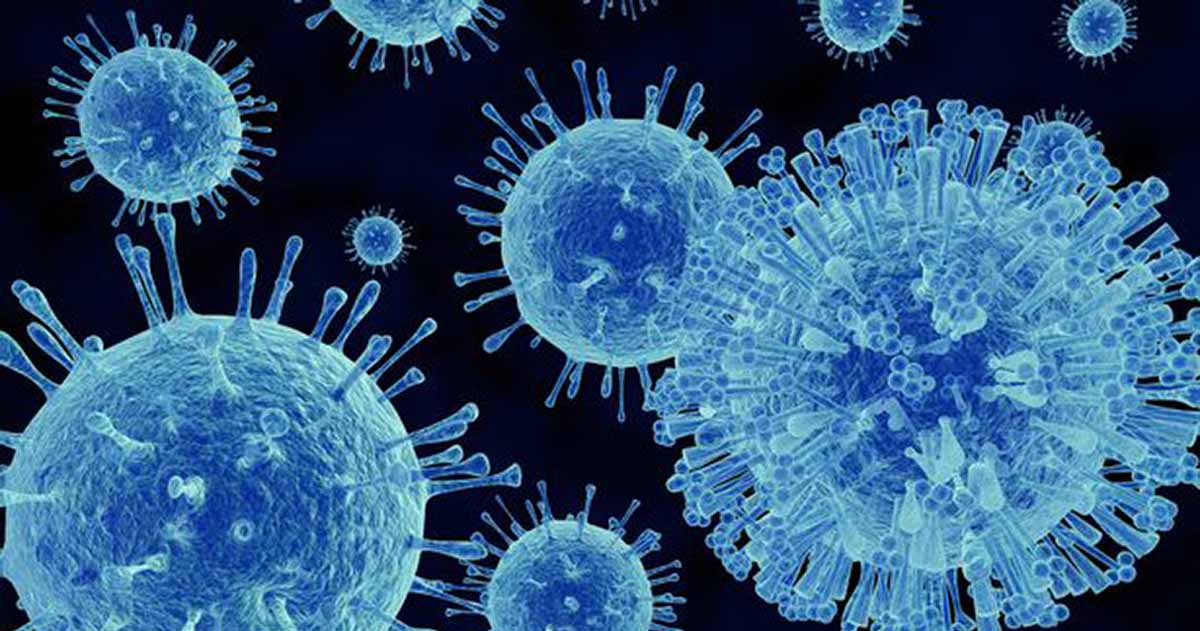Although the incidence of food allergy in the developed world is skyrocketing, no one can say for sure what factors are contributing.
One theory is the hygiene hypothesis, introduced in the late 1980s by Dr David P Strachan in the British Medical Journal. Strachan determined that children in larger households had fewer instances of hay fever because they are exposed to germs by older siblings. The finding led to further research suggesting a lack of early childhood exposure to less than pristine conditions can increase the individual’s susceptibility to diseases like allergies and asthma.
The USDA’s National Institute of Food and Agriculture is looking to academia to study the underpinnings of the hygiene hypothesis.

The institute has awarded Cassandra Suther, a PhD candidate in food science at the University of Massachusetts Amherst, a predoctoral fellowship of $180,000 to study the effect of norovirus on the development and severity of food allergies.
Norovirus is a common, very contagious pathogen that causes vomiting and diarrhea. There is some evidence that prior infection with the virus may benefit immunity.
Said Suther:
Food allergies are thought to be heavily linked to the dysbiosis, or reduced diversity, of the gut microbiome and its immune effects. Based upon some data that previously has been reported, we suspect that infection with norovirus may actually have the potential to reduce the likelihood of someone developing food allergies.
Viral interactions in the field of allergies is an underdeveloped topic. This research could change our understanding of the role of eukaryotic enteric viruses in the development, or lack thereof, of a number of diseases outside of the gastrointestinal tract.
- The ‘hygiene hypothesis’ for autoimmune and allergic diseases: an update — Clinical and Experimental Immunology
- Norovirus — CDC
- FOOD SCIENCE GRAD STUDENT AWARDED USDA FELLOWSHIP FOR FOOD ALLERGY RESEARCH — University of Massachusetts Amherst





